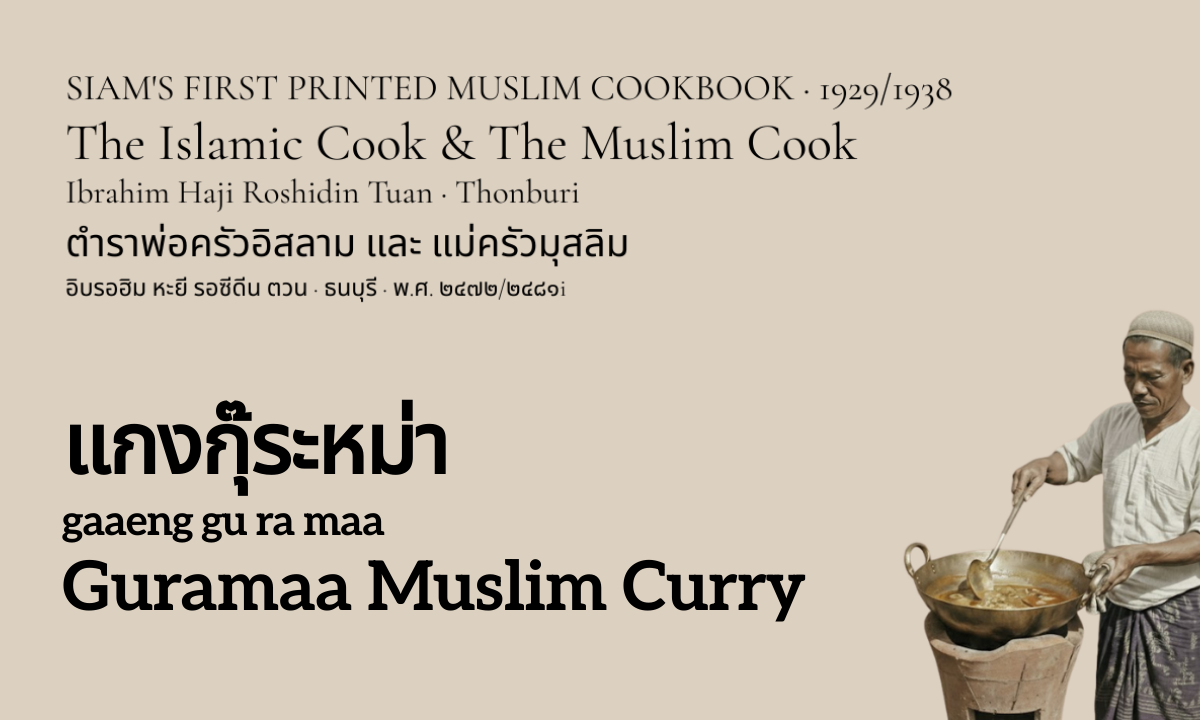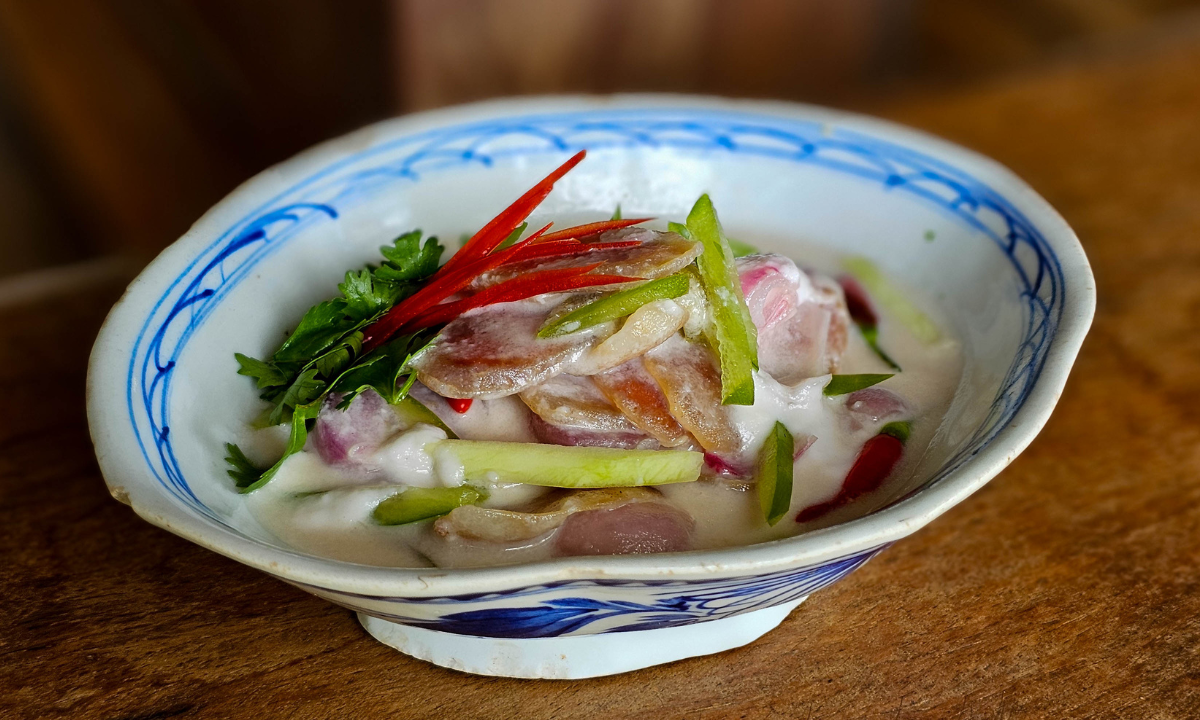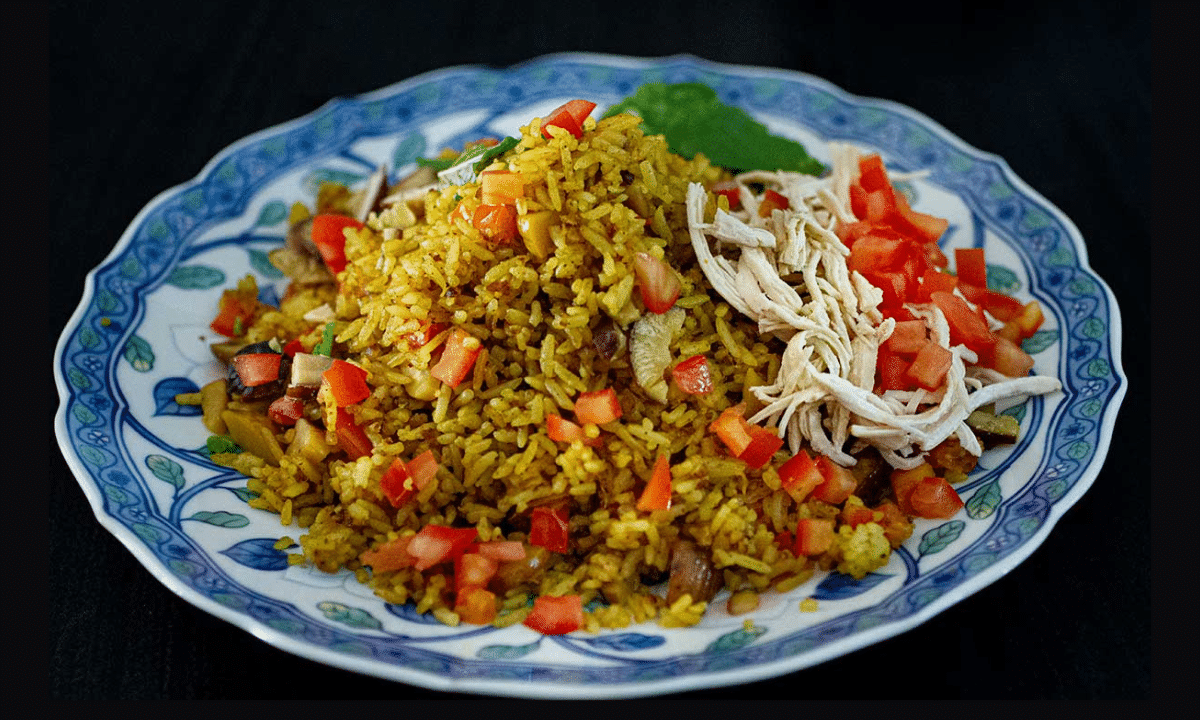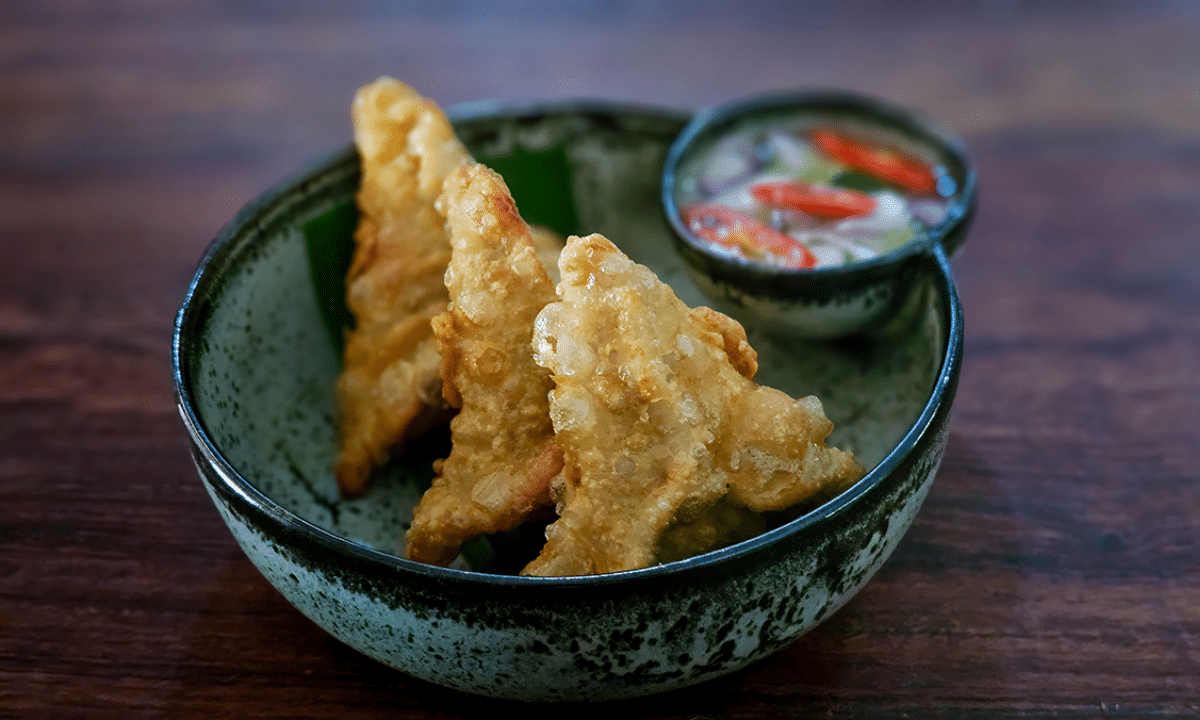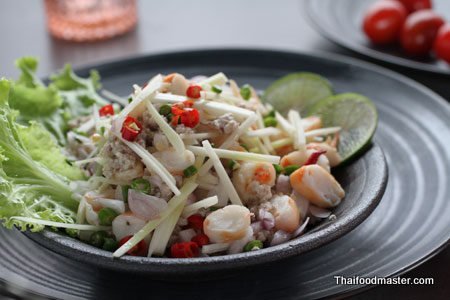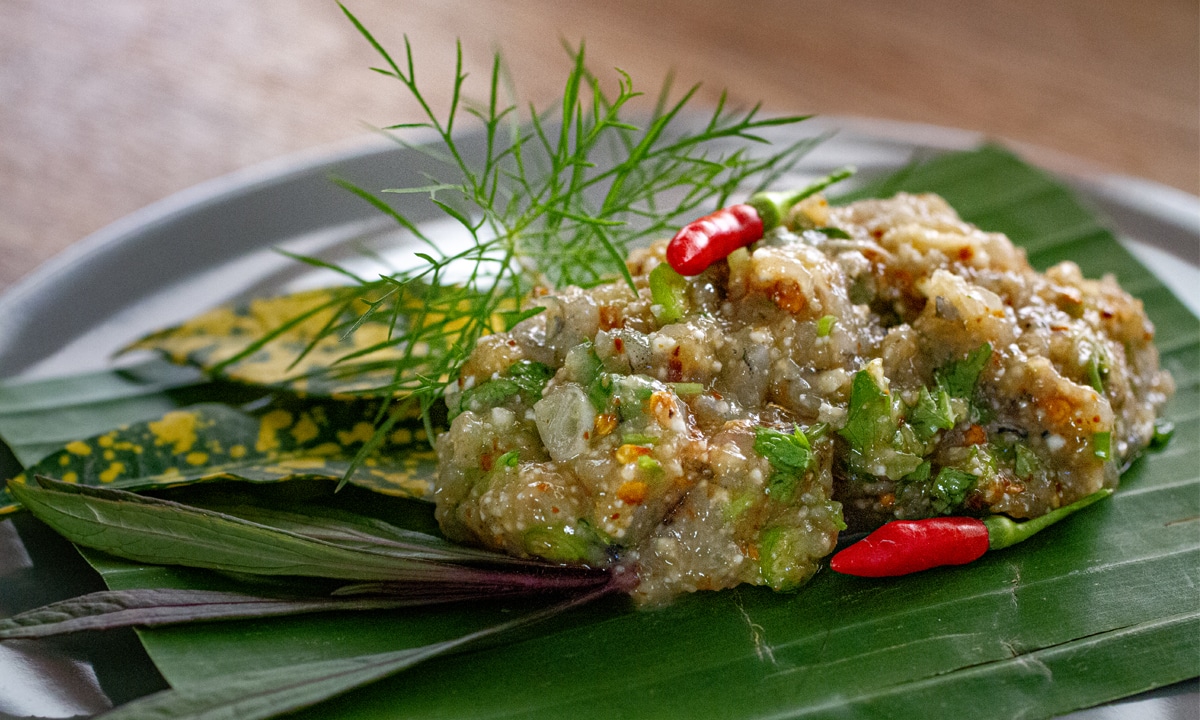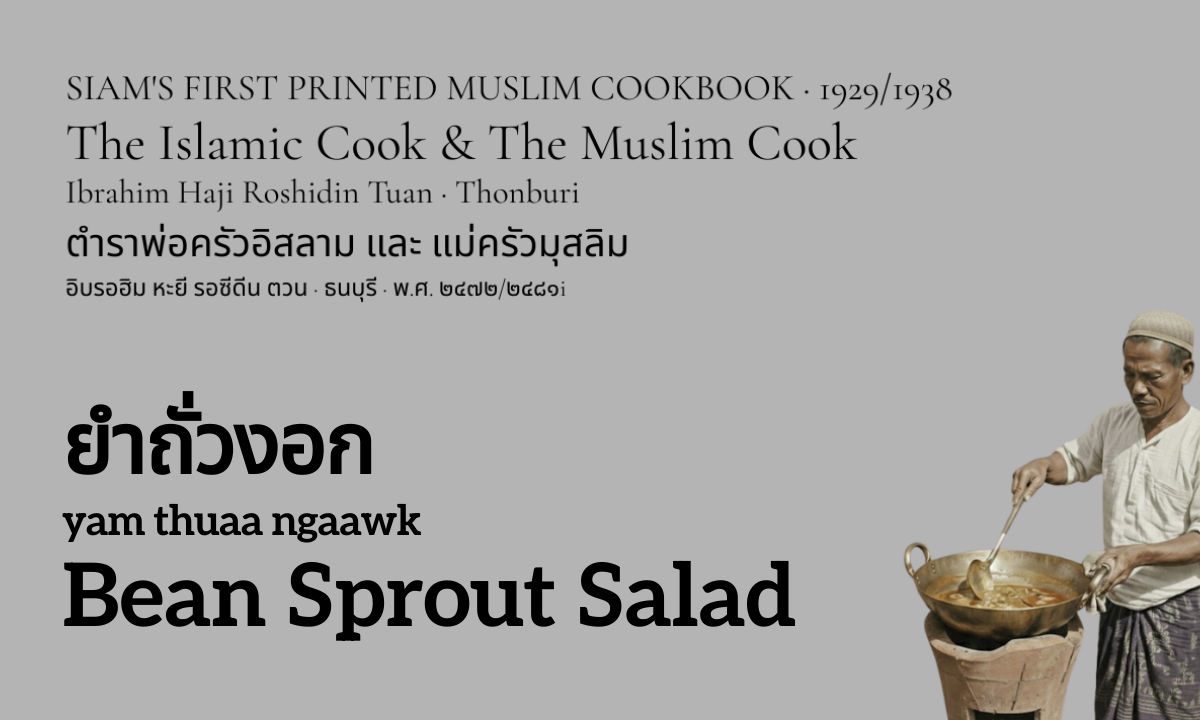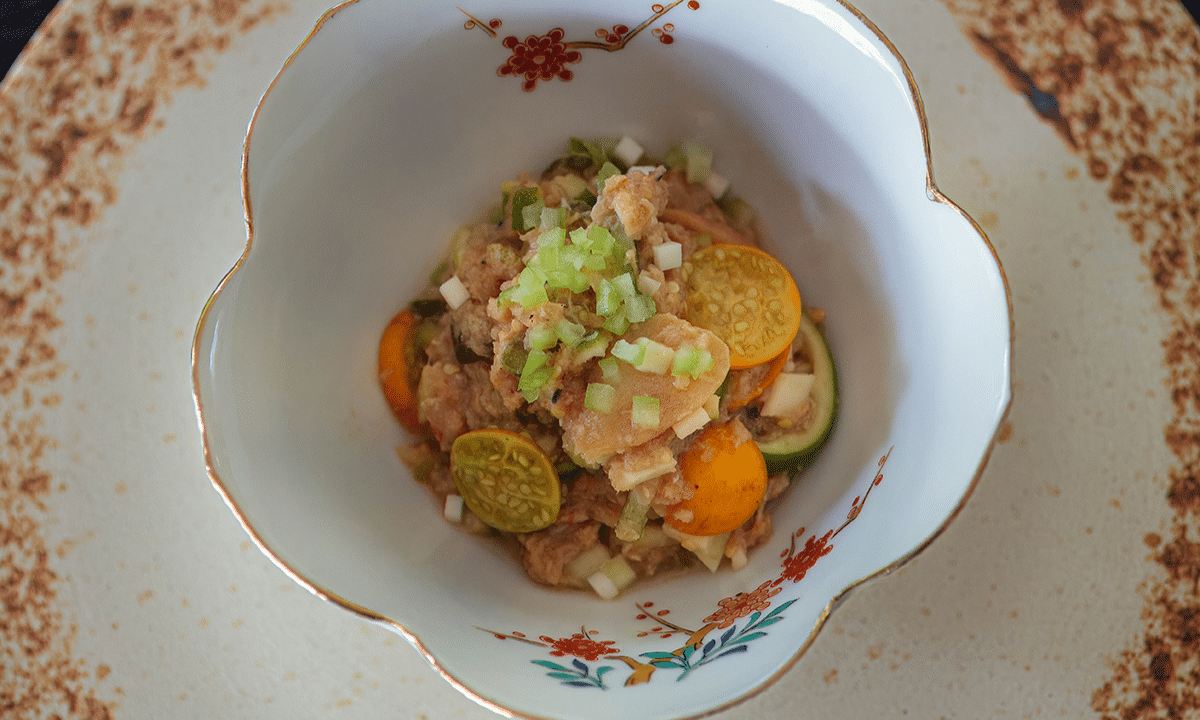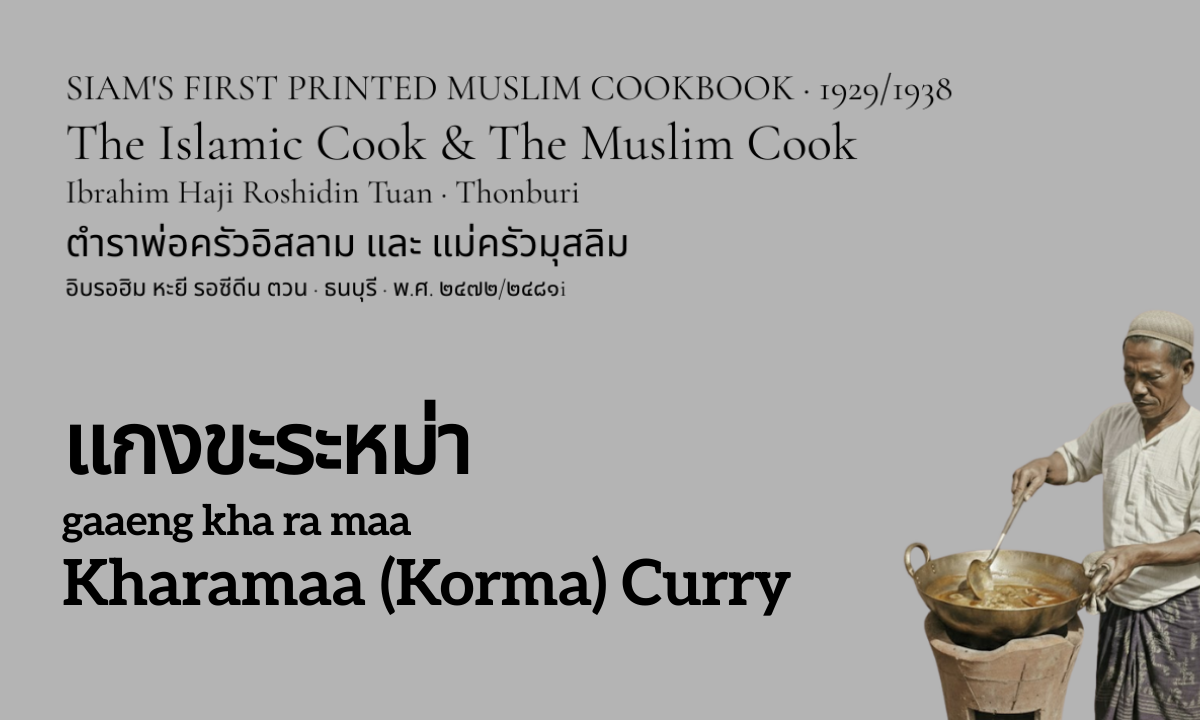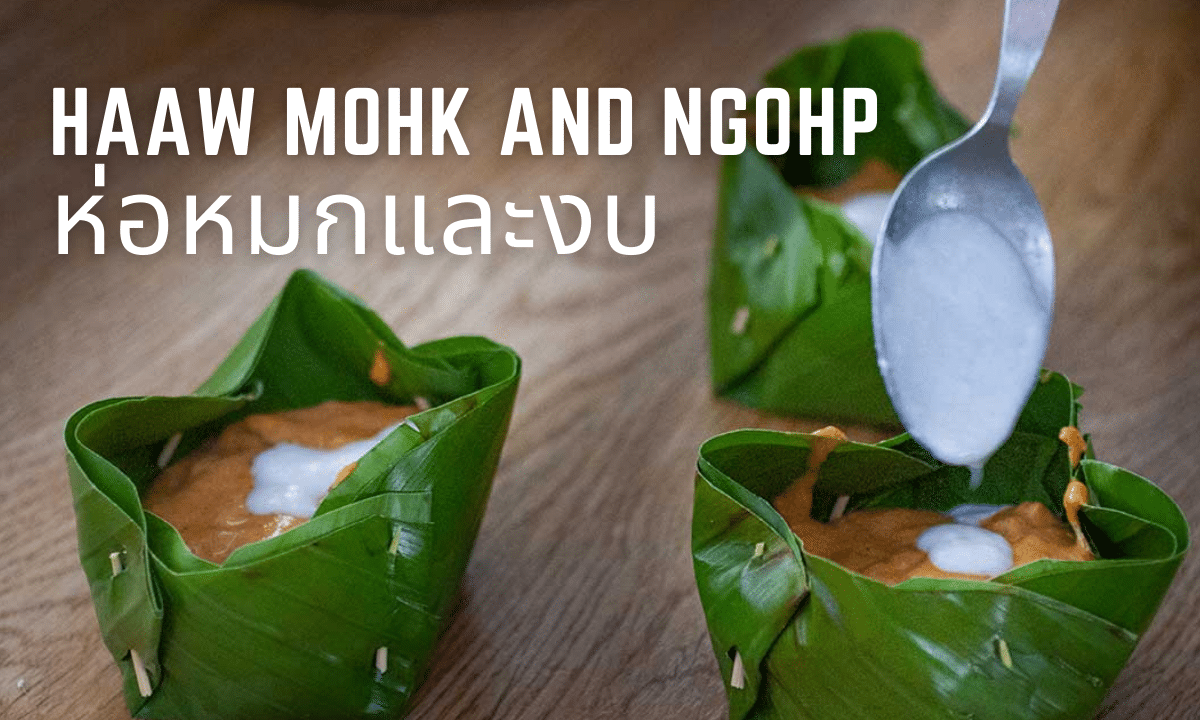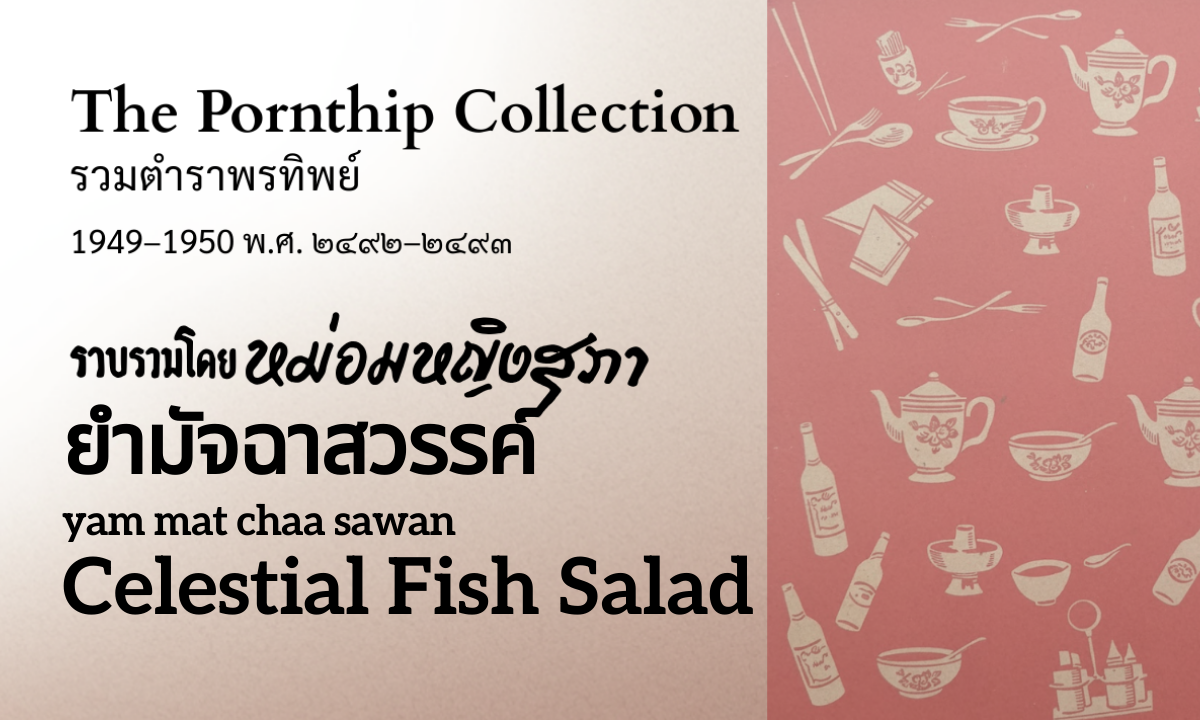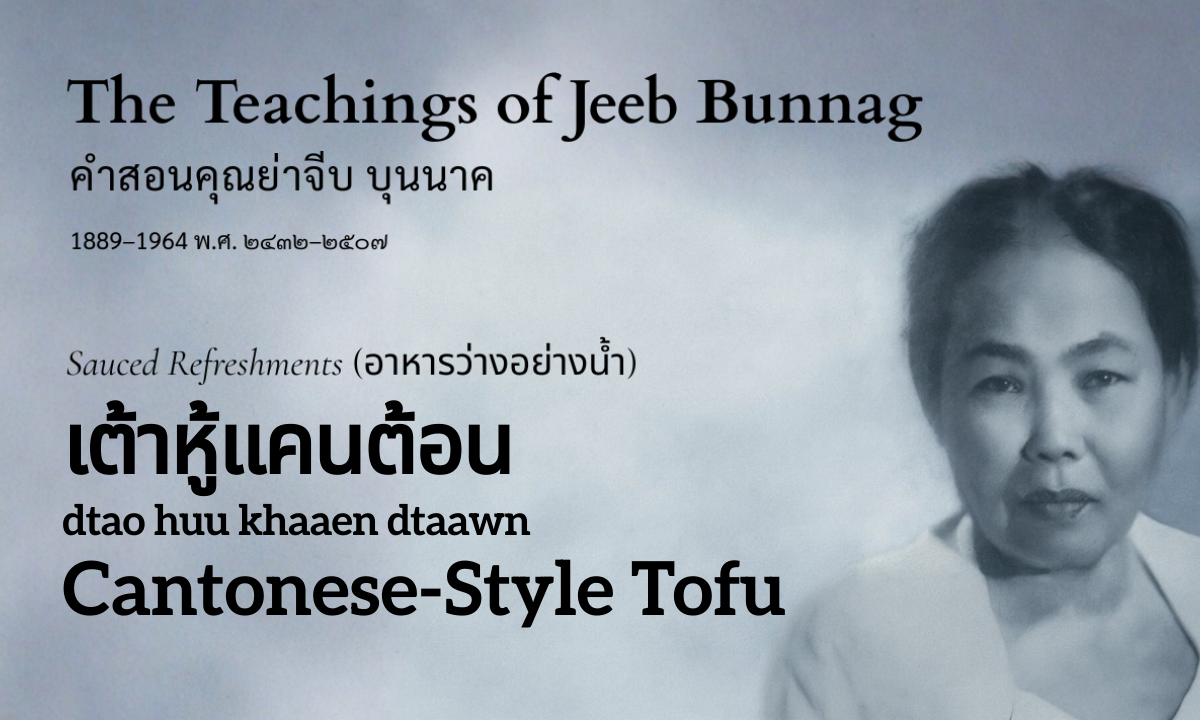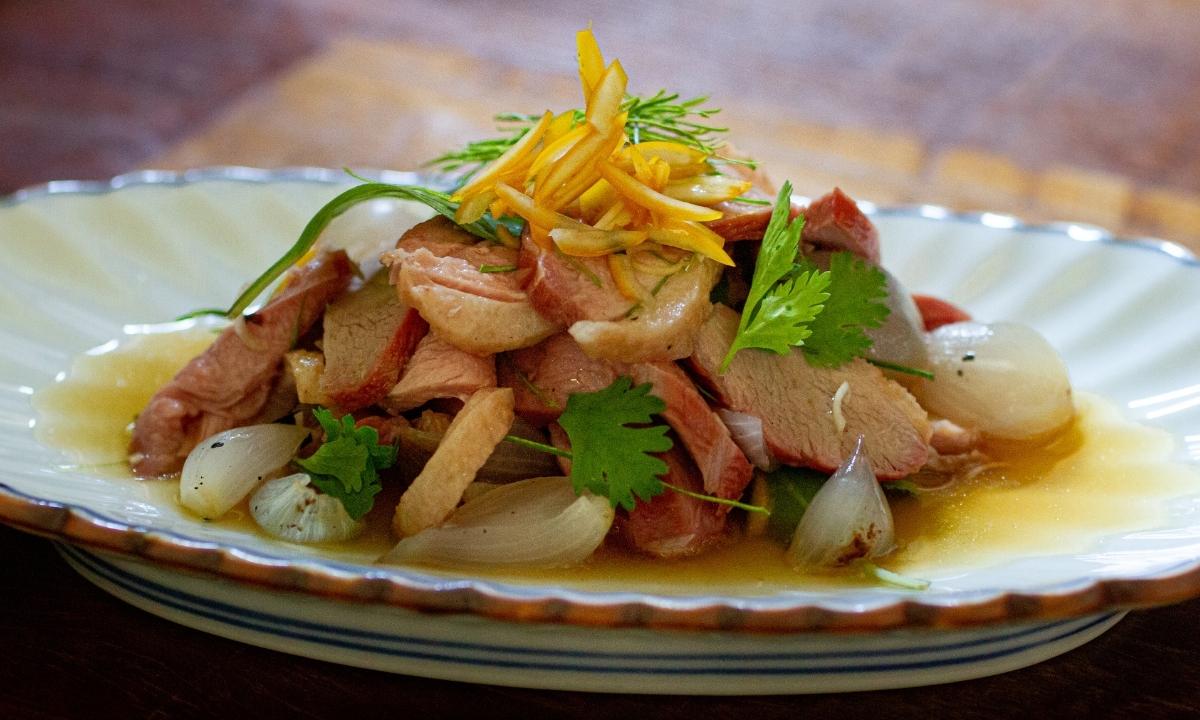
[expander_maker id=”3″]
พริกม้า, พริกม่า (phrik maa), หอมจันทร์ (haawm jan), ผักไผ่ (phak phai), ผักแพว (phak phwaae), จันทน์โฉม (jan tha cho:hm), จันทน์แดง (jan tha daaeng), ผักไผ่น้ำ (phak phai naam), ผักแพ้ว (phak phaaeo), ผักแพรว (phak phraaeo), ผักแจว (phak jaaeo), พริกบ้า (phrik baa), หอมจันทร์ (haawm jan tha).
Common names: Vietnamese coriander, Vietnamese cilantro, phak phai, hot mint and Cambodian mint, is a herb whose leaves are used in Southeast Asian and Northeast Indian cooking. [1]Wikipedia
Vietnamese coriander is not related to the mints, nor is it in the mint family Lamiaceae, but its general appearance and fragrance are reminiscent of them. Persicaria is in the family Polygonaceae, collectively known as “smartweeds” or “pinkweeds”. [2]Wikipedia
The Vietnamese coriander is a perennial plant that grows best in tropical and subtropical zones in warm and damp conditions. In advantageous conditions, it can grow up to 15–30 cm (6–12 in). The top of its leaf is dark green, with chestnut-colored spots, while the leaf’s bottom is burgundy red. The stem is jointed at each leaf. In Vietnam, it can be cultivated or found in the wild. It can grow very well outside in summer in nontropical Europe. It prefers full sun and well-drained soil. For colder climate zones, they should be brought inside for the winter and treated as a house plant. For climate zones that have milder winters, they will survive outside, although their growth may slow down. It rarely flowers outside the tropics. [3]Wikipedia
No scientific studies have measured P. odorata’s effects on libido. Traditionally, in Vietnam, the herb is believed to repress sexual urges. A saying in Vietnamese states, “rau răm, giá sống” (“Vietnamese coriander, raw bean sprouts”), which refers to the common belief that Vietnamese coriander reduces sexual desire, while bean sprouts have the opposite effect. Many Buddhist monks grow coriander in their private gardens and eat it frequently, believing it helps them remain celibate. [4]Wikipedia
The information on this website has been compiled from reliable sources, such as reference works on medicinal plants. It is not a substitute for medical advice or treatment and Thaifoodmaster does not purport to provide any medical advice.
[/expander_maker]
References
